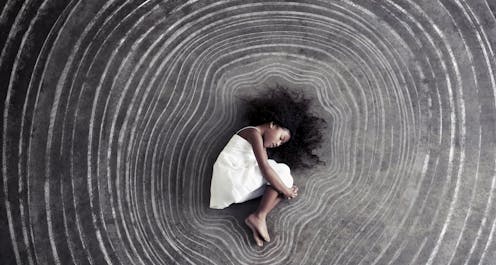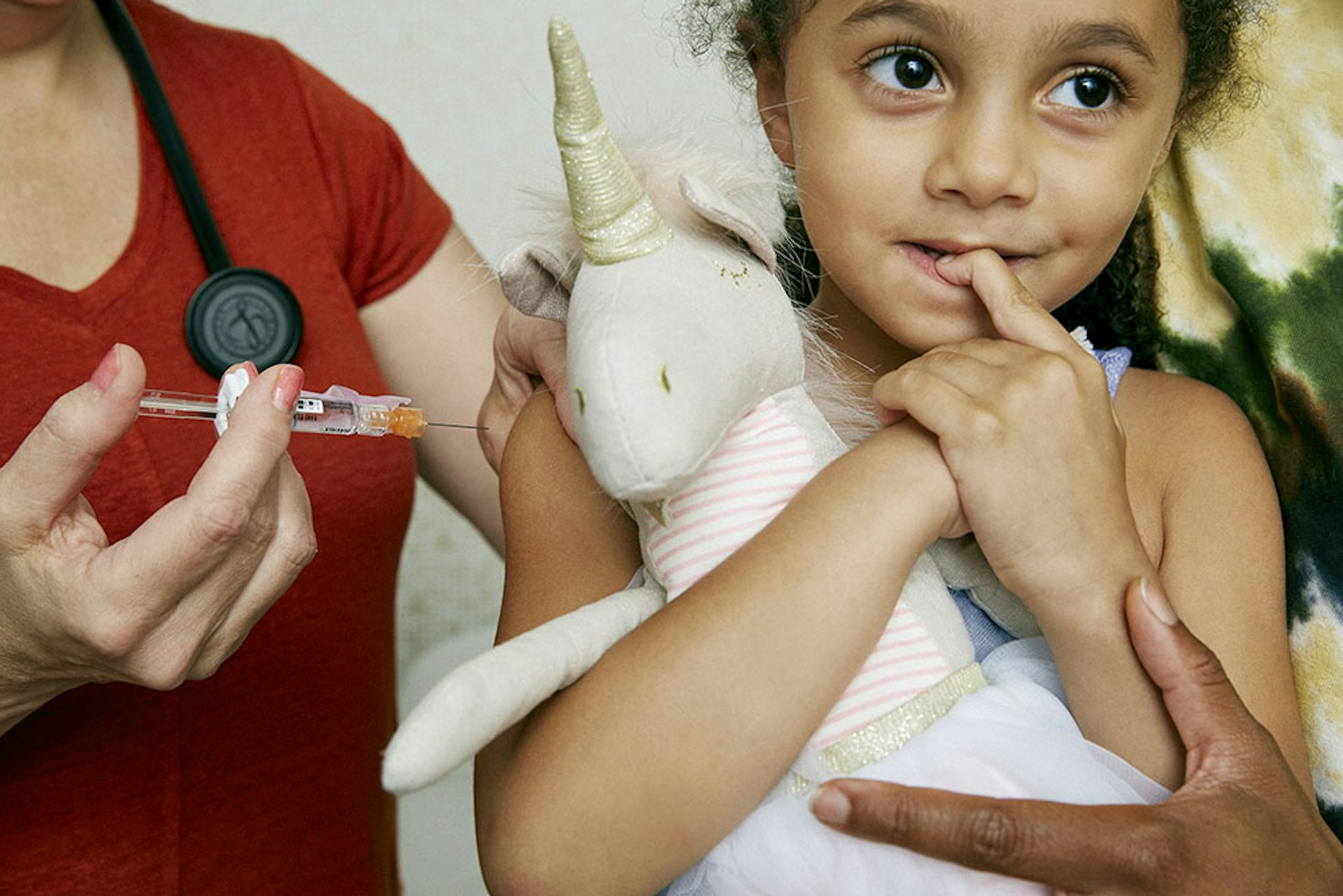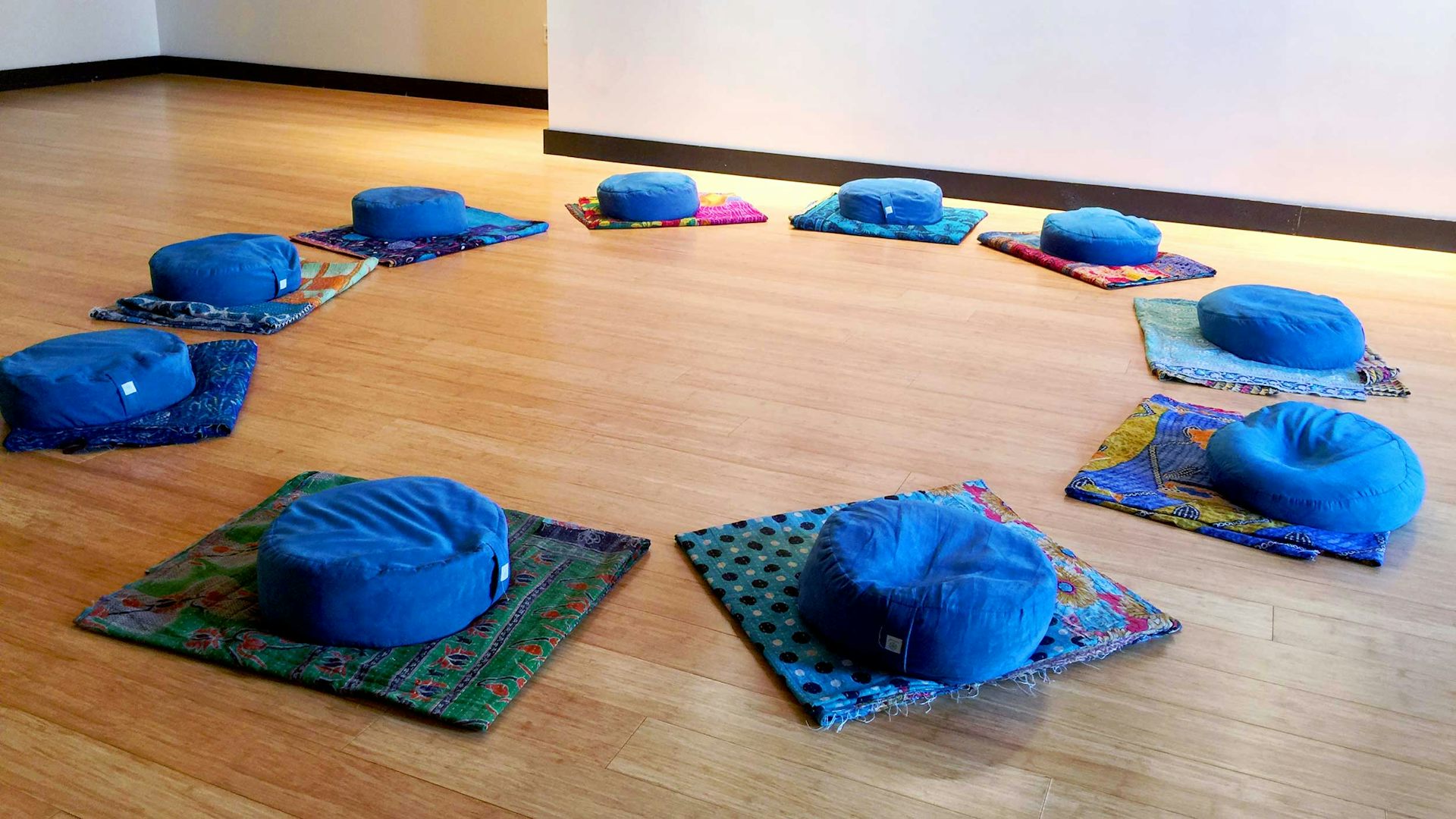How much sleep do you really need?
Getting a good night's sleep on a regular basis can help you do well in school or at work. It might even make you better-looking.


Curious Kids is a series for children of all ages. If you have a question you’d like an expert to answer, send it to curiouskidsus@theconversation.com.
Why do I need to sleep for a long time at night? – Sly M., 6, Cambridge, Massachusetts
Just like eating, drinking or breathing, sleep is an essential part of life.
In fact, all animals do it – with some interesting variations. A dolphin, for example, sleeps with one eye open and only half of its brain snoozing at a time. This is likely because dolphins need to be partly conscious to breathe while in the water. Zebras sometimes sleep standing up in case they need to wake up and quickly escape a predator. Bats sleep upside down.

When someone’s asleep, it can look like they are turned “off” and not doing anything at all. But, that’s not true. Your brain and body are active and doing important things while you sleep, like organizing nerve cells, regulating hormones, repairing cells and clearing out toxins.
Your brain is especially busy, helping you get lots of things done while you sleep. Among other things, it’s processing memories, gaining creative insight and learning new skills.
Sleep helps you learn, grow and thrive, and all these processes take time.
That’s why babies need 14 to 17 hours of sleep per day for the first three months of their lives – newborns are asleep way more than they are awake. Most school-aged kids need about 8 to 10 hours of sleep. Teens can aim for nine hours, which is what some adults need too. But seven or eight hours is enough for other grownups.
It’s important to get not only enough sleep but also good-quality sleep. And you should try to sleep on a regular schedule by going to sleep and waking up around the same time each day – even on weekends.
Getting a good night’s sleep can help you do well in school, at work and in sports. Sleep can also help with quickness and memory, which can help you with things like singing or playing a musical instrument.
Good sleep helps you look and feel refreshed. When people are asked to rate how attractive someone is, they tend to rate people who are well rested as more attractive. Getting enough hours of good-quality sleep can help you cope with stress and get along better with your friends.
If, like many people, you struggle with getting enough sleep, there are some tricks to help you get good sleep on a regular basis. You may find it helpful to set an ideal sleep schedule and try to stick to it each day. You can set alarms to help remind you when it’s time to go to bed.
Use a wind-down routine for an hour before bedtime, to focus on keeping things relaxed and positive. You could include dimming lights, reading a fun book, and talking about the best parts of your day or just thinking about the day’s highlights. Try to avoid scary movies or books and getting into arguments just before bedtime.
In the morning, think of something you are looking forward to that day and let the Sun or bright lights into your room to let your brain know it is time to be alert.
You’ll know your sleep habits are working when you do not feel sleepy throughout the day and you wake up most days feeling refreshed. Just like being physically fit and eating a balanced diet, regularly getting a good night’s sleep is a behavior that takes practice and can pay off for a lifetime.
Hello, curious kids! Do you have a question you’d like an expert to answer? Ask an adult to send your question to CuriousKidsUS@theconversation.com. Please tell us your name, age and the city where you live.
And since curiosity has no age limit – adults, let us know what you’re wondering, too. We won’t be able to answer every question, but we will do our best.
Dana McMakin receives funding from National Institutes of Health, Patient Oriented Outcomes Research Institute, and the American Foundation of Suicide Prevention.
Read These Next
‘Shared decision-making’ for childhood vaccines sounds empowering – but it may mean less access for
Doctor’s visits are already rushed. Adding extra steps means some children, especially those from…
Has the Fed fixed the economy yet? And other burning economic questions for 2026
As 2026 begins, uncertainty is at the top of everyone’s mind.
What loving-kindness meditation is and how to practice it in the new year
The practice of this meditation often involves quietly reciting to oneself several phrases that evoke…






